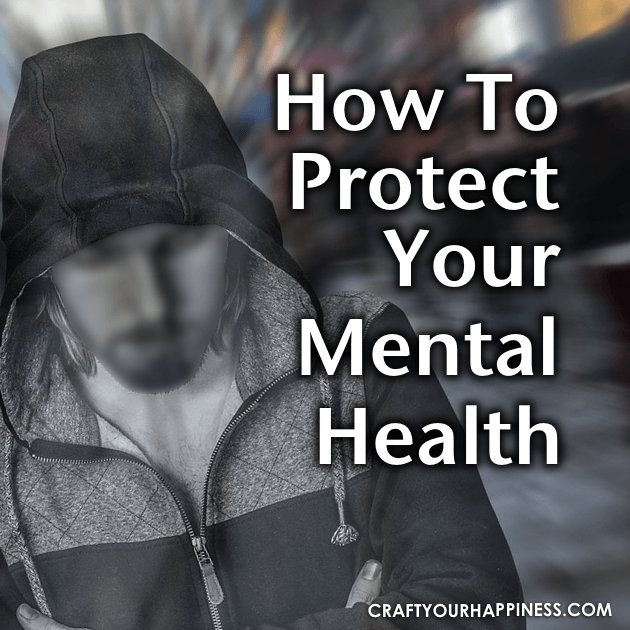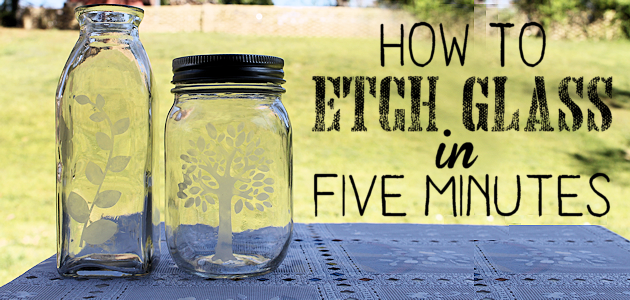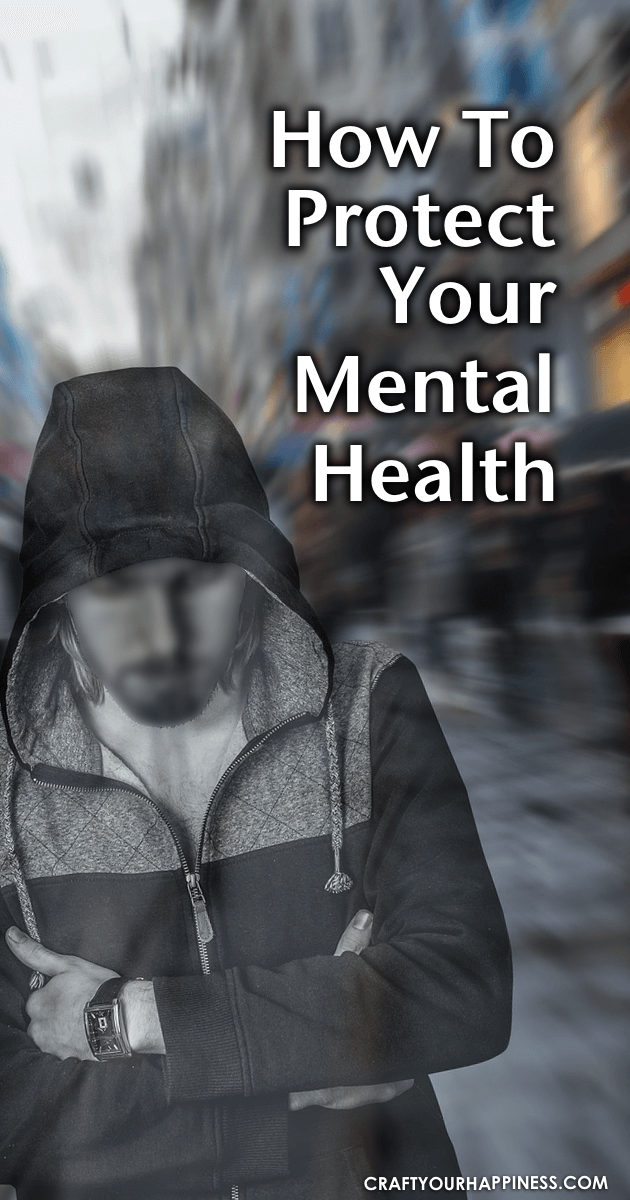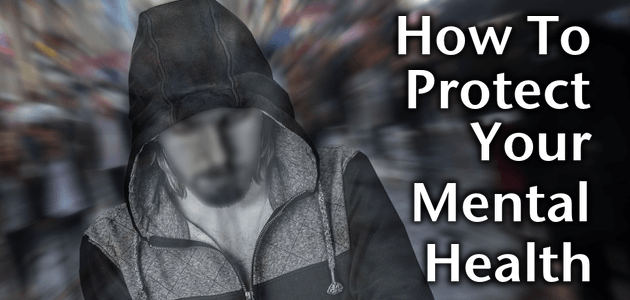
![]() In these uncertain times, it can be challenging to protect our mental health. You may be in a constant state of worry because you cannot tear your eyes away from the rolling news channels and the grim coronavirus statistics. Our generation has never really been challenged in any meaningful way. We haven’t gone through a world war, we don’t live in a dystopian novel, and we don’t really have to worry about food, shelter or warmth. However, with this pandemic, we have had to confront the meaning of our lives. Such big questions can have a detrimental impact on our mental health. Confronting mental health issues has had a stigma attached to it in the past. Ten years ago, it wasn’t unusual to be told to ‘man up’ or ‘pull yourself together’ if you were suffering mentally or emotionally. This caused people to bottle up their feelings and struggle alone. Nowadays, talking and opening up is advocated as the number one way of working through a mental health crisis. If you feel like you are struggling with your mental health, take a look at this guide to help you get back on an even keel.
In these uncertain times, it can be challenging to protect our mental health. You may be in a constant state of worry because you cannot tear your eyes away from the rolling news channels and the grim coronavirus statistics. Our generation has never really been challenged in any meaningful way. We haven’t gone through a world war, we don’t live in a dystopian novel, and we don’t really have to worry about food, shelter or warmth. However, with this pandemic, we have had to confront the meaning of our lives. Such big questions can have a detrimental impact on our mental health. Confronting mental health issues has had a stigma attached to it in the past. Ten years ago, it wasn’t unusual to be told to ‘man up’ or ‘pull yourself together’ if you were suffering mentally or emotionally. This caused people to bottle up their feelings and struggle alone. Nowadays, talking and opening up is advocated as the number one way of working through a mental health crisis. If you feel like you are struggling with your mental health, take a look at this guide to help you get back on an even keel.
 Talk
Talk
It’s crucial that you are able to talk about your mental health issues. It doesn’t matter whether you are having intrusive thoughts, whether you are anxious, or whether you are feeling low, you need to open up and share your thoughts. A problem shared really is a problem halved. As you talk through your issues, you will feel a physical weight being lifted off your shoulders. You could choose to chat with a pal or family member. But, some people prefer a more objective individual to talk through their problems with. This little bit of distance can help you open up in a more meaningful way. Visiting a counselor or your doctor should be your first port of call. Mental health is now, rightly, put on the same footing as your physical well being. If you break your leg, you wouldn’t dream of soldiering on without seeing a doctor and receiving treatment. The same goes for your brain. Just because it is difficult to see your ailment doesn’t mean that it isn’t there. Head to a doctor if you feel anxious, worried, low, depressed or traumatized.

 Sleep
Sleep
A key aspect of your mental health protection is your ability to get a good night’s sleep. If you cannot slip into a regular sleep routine, you will wake up in the morning feeling tired, more anxious and with heightened emotions. When your head hits the pillow, you need to have a calm mind ready to drift off into a pleasant sleep. Heading to bed and feeling alert can result in negative thoughts manifesting in your head and whirring through your mind for hours on end. This can make your mental health problems become worse. You need to hone a sleep routine to help you relax. Eight hours a night sleep is optimum, but if you can get six or seven hours sleep during this pandemic era, you are doing well. Without decent sleep, you risk eye bags, blocked pores and a low mood. Think about running a hot bath before bed to help relax your mind. Light some scented candles, pop in your favorite bubble bath and read a good book. Take your time in the tub and enjoy the aromas and warmth.
Forget about scrolling through Facebook and Instagram, only to be bombarded by perfectly filtered selfies and lifestyles that make you feel inadequate. Take a social media detox or have a social media curfew to prevent your brain from being overstimulated in the evening. Put the laptop away and don’t reach for your smartphone to check the news apps. Instead, watch an episode of your favorite box set on TV or enjoy a spot of baking, instrument playing or old school board game playing. These activities are more fun, calming and will help you to develop a healthy sleep routine that will have a positive impact on your mental health.
Trouble Sleeping? Try These 15 Ideas!
 Meditate
Meditate
Meditation is often seen as a wishy-washy activity that is advocated by dreadlocked hippies who enjoy a spot of chanting and sitting cross-legged. However, doctors are prescribing meditation coupled with yoga to help those individuals suffering from depression and anxiety. Yoga is a fantastic exercise that strengthens your core through practicing a range of postures. A yogi teacher will guide you through the process even if you are as supple as a plank of wood. Don’t worry – it’s not about becoming a contortionist, it’s about relaxing your mind. The postures are employed alongside breathing exercises. It is this breathing that helps you to release your negative thoughts and become more content with how you are feeling.
Mindfulness is linked to yoga as you practice some of the same philosophies. Mindfulness is all about living in the moment and not worrying about what may or may not happen in the future. This is wasted energy and can cause a lot of unnecessary worries. If you are keen to look into mindfulness as a treatment for your anxiety, take a class led by a professional who can arm you with a range of tasks and mindfulness exercises to help you work through your negative thoughts in a more meaningful way.
 Do Something New
Do Something New
Being in lockdown is no excuse to sit and mope and watch the news. Instead, think of it as an opportunity to try something new. Online classes teaching individuals how to play the guitar, learn a language or bake artisan culinary feats are popping up for free. Take advantage of these and utilize online tuition to do something new. Focusing your mind in this way will prevent your negative thoughts from taking over. When you are bored, you have more time to think which is not ideal if you are in a pessimistic mood.
How to Etch Glass in 5 Minutes
If you are worried about your mental health in this Covid-19 reality, don’t wallow or bury your head in the sand. Do something about it, be proactive and follow this guide to protect your mental health.




